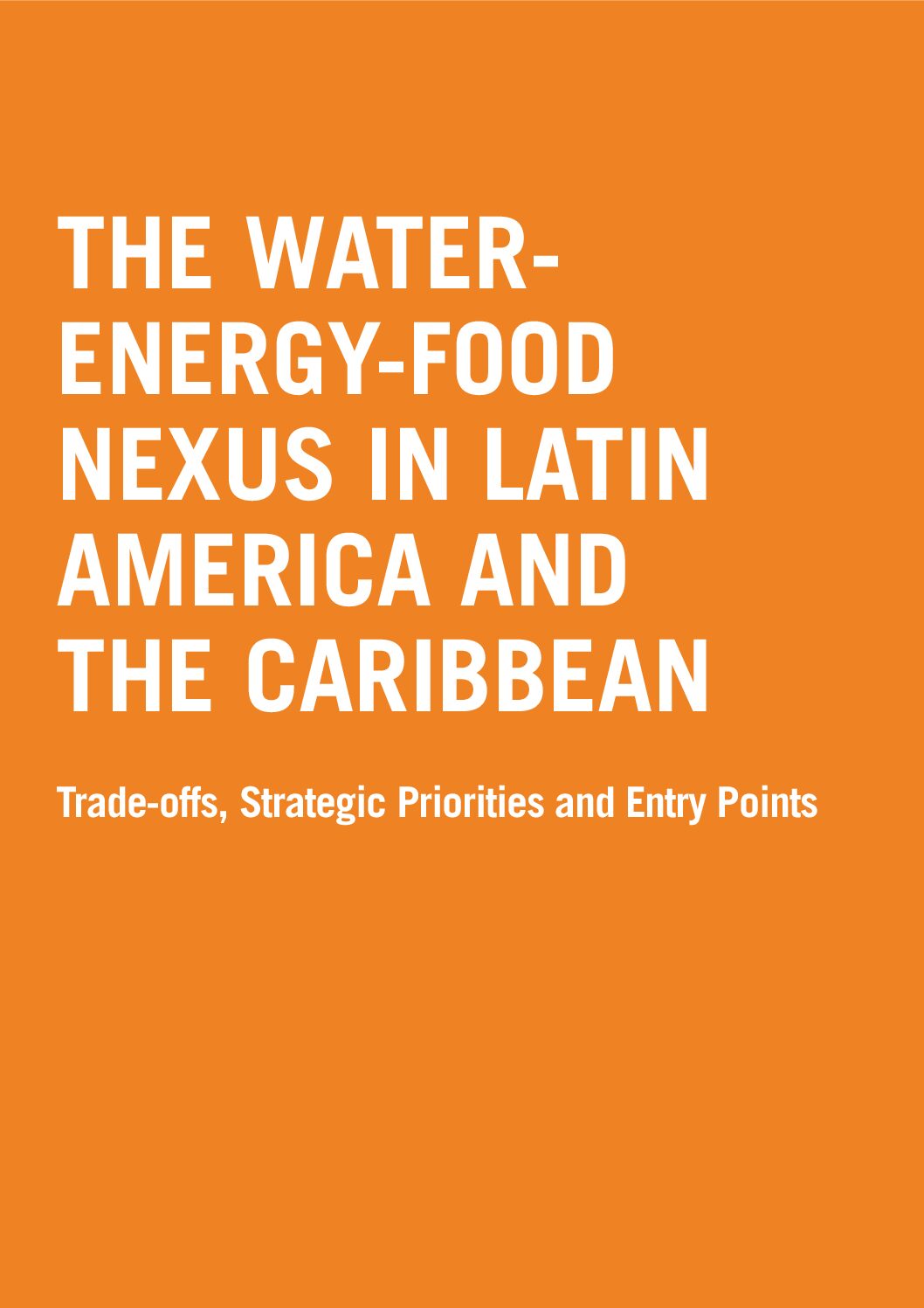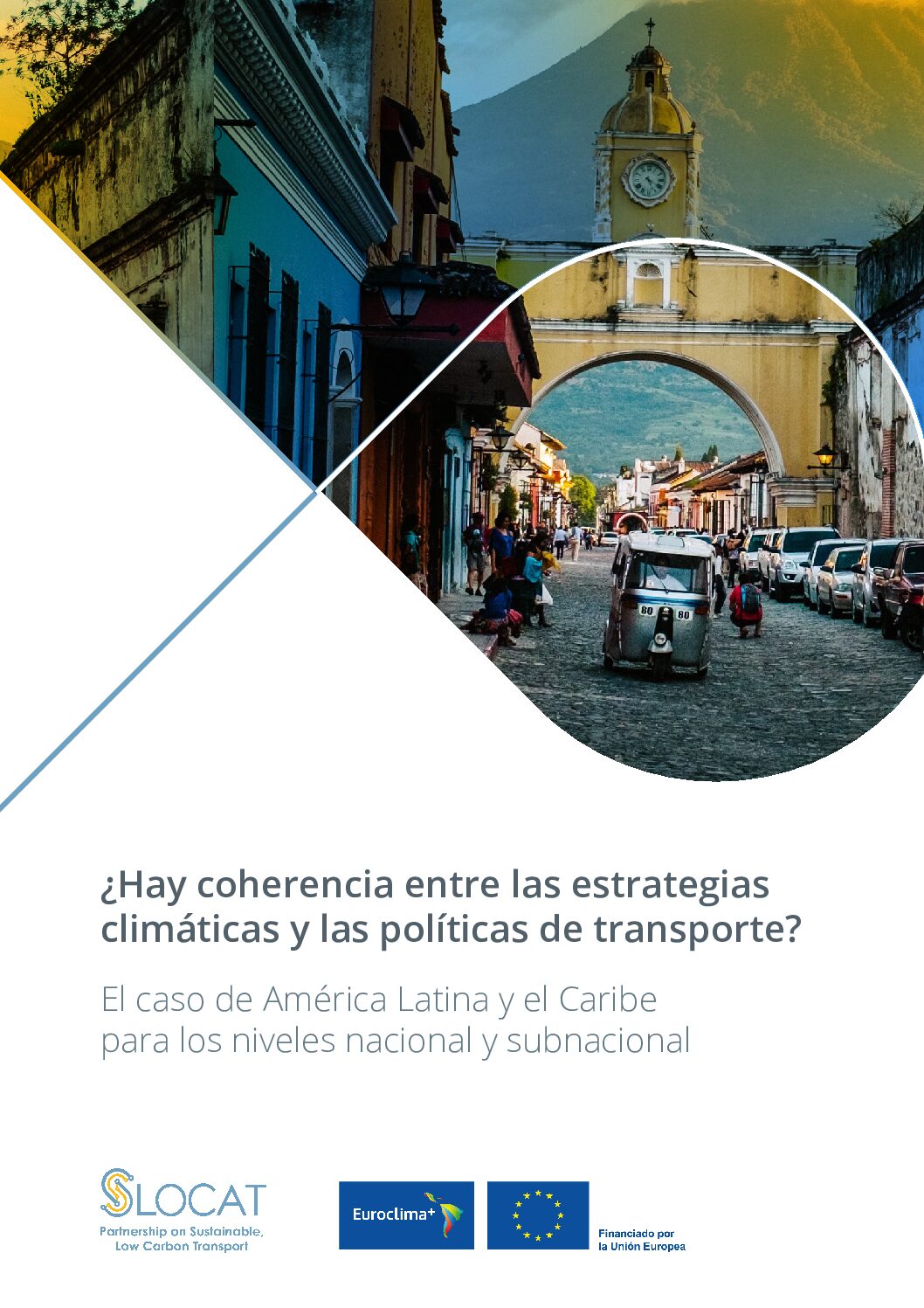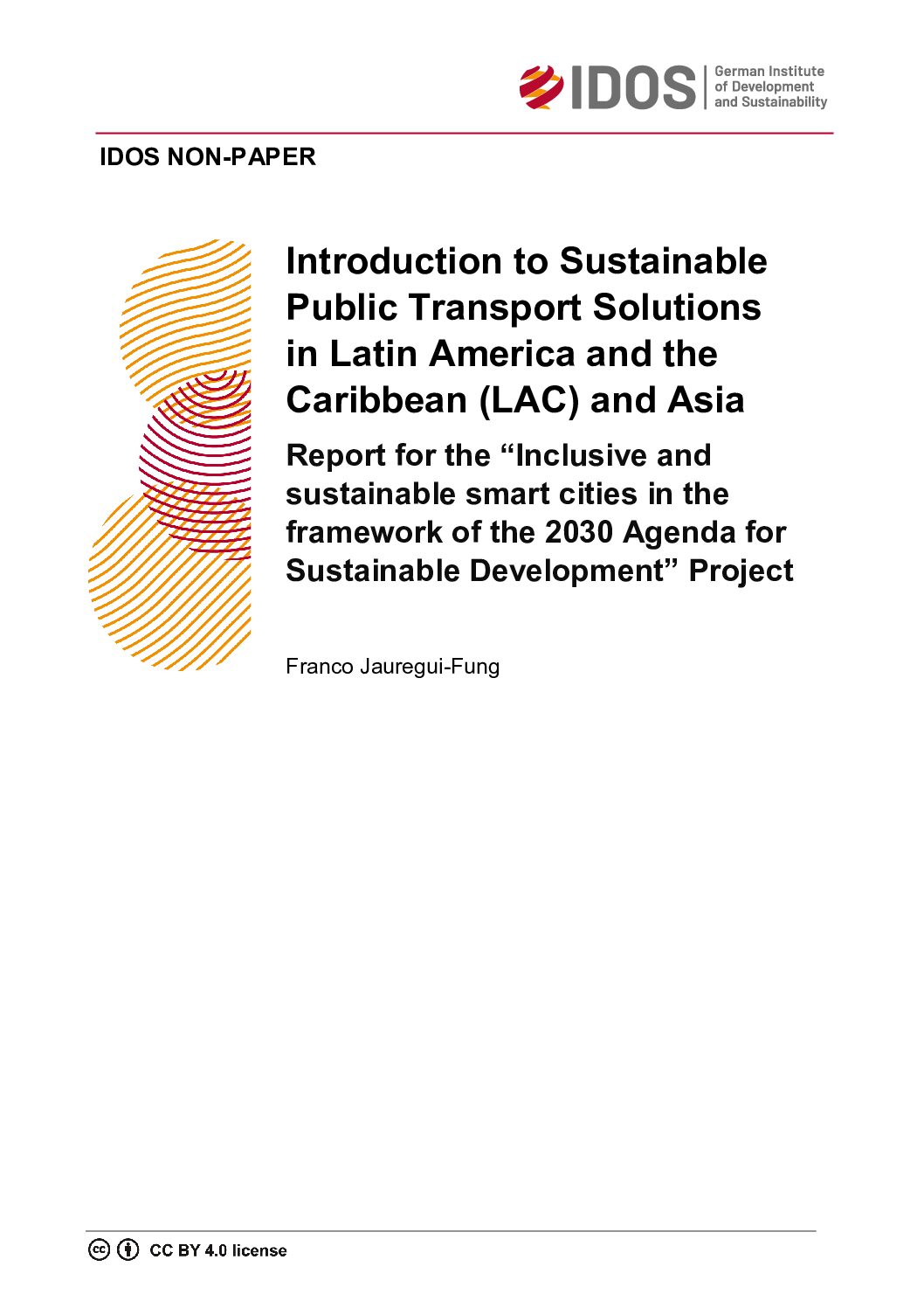This report presents a baseline study on e-mobility in Ecuador, future scenarios and a roadmap to 2030.
This strategic plan assesses the current status of and regulatory framework for e-mobility in the Dominican Republic, and sets goals for the expansion of electric transport.
This report highlights opportunities to advance gender equality through the creation of green jobs in Latin America.
This report investigates how green job markets have developed in Latin America since 2022, and assesses the impacts of government policies and strategies.
This blog investigates the employment effects of the green transition, and the different actions actors can take to prevent skills gaps and ensure no one is left behind.
This report provides an overview of the water-energy-food nexus in Latin America and the Caribbean (LAC), identifying the main challenges and opportunities for achieving water, energy and food security in the region.
This report analyses linkages in the water-energy-food-ecosystem nexus – essentially resource management trade-offs and synergies — in transboundary river basin settings. It draws on 36 nexus case studies from transboundary river basins in Europe, Asia, Africa and the Americas, providing lessons for transboundary management and cooperation.
This report analyses the alignment between climate commitments made by countries in LAC and implementation through transport planning instruments at the national and subnational levels.
This report first offers an overview of urban mobility challenges in LAC and Asia, then presents the Big Push for Sustainability Framework directed towards achieving sustainable urban mobility and its economic, social and environmental benefits. The third section identifies important concepts in urban mobility that van support the three selected transit solutions.
This report analyses gender biases in renewable energy companies in Latin America.





